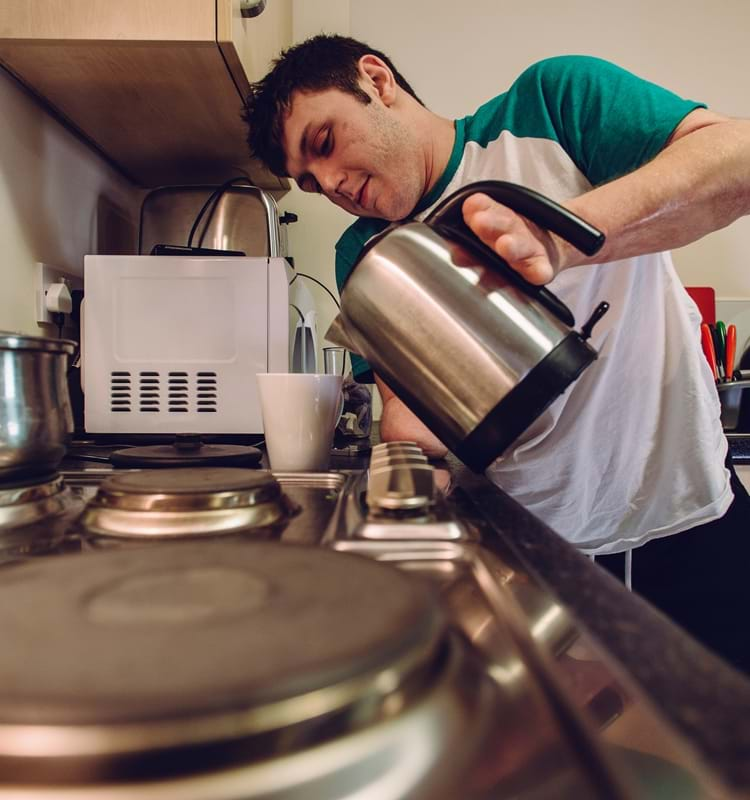Cook up savings
Master the Art of Energy Saving in the Kitchen and Slash Your Bills
As energy prices continue to soar, it’s crucial to be mindful of our electricity and heating consumption. Simple yet effective energy-saving measures can make a significant impact on your monthly utility bills. Transform your kitchen into an energy-efficient haven with these practical tips.
- Boil only what you need
When using a kettle, heat only the required amount of water. Remember, boiling one litre consumes twice as much electricity as heating half a litre.
- Defrost regularly
A well-maintained fridge freezer runs more efficiently. Regularly defrosting your applicant can lead to energy savings and lower bills.
- Cool before storing
Placing hot food in the fridge forces it to work harder to maintain its temperature. Allow your dishes to cool down before refrigerating to save on electricity.
- Keep the oven door closed
Opening the oven door during cooking releases valuable heat. Minimise heat loss by resisting the temptation to peek inside.
- Be water-wise
When washing up, use a bowl to limit the amount of water needed. This small change can result in considerable water savings over time.
- Run dishwashers efficiently
Dishwashers can be as energy efficient as hand washing if used correctly. Ensure a full load and follow optimal operating practices to reap the benefits.
- Lid your pans
Using lids on your pans reduces heat loss, allowing you to lower the heat while maintaining cooking efficiency.
- Cook smartly
Combine ingredients in a single pan whenever possible to reduce the number of pans needed and minimise energy usage.
- Match pan size to cooking ring
Select the appropriate pan size for your cooking ring to optimise heat transfer and prevent energy wastage.
- Maximise appliance loads
One full load for washing machines, tumble dryers, and dishwashers uses less energy than two half loads. Make the most of each cycle by filling appliances to their recommended capacity.
- Lower wash temperatures
Heating water accounts for a significant portion of a washing machine’s energy consumption. Decrease the temperature setting to reduce energy usage without compromising cleanliness.
By adopting these easy-to-implement kitchen habits, you can conserve energy, reduce your environmental footprint, and cut down on utility costs. Happy energy-saving cooking!
